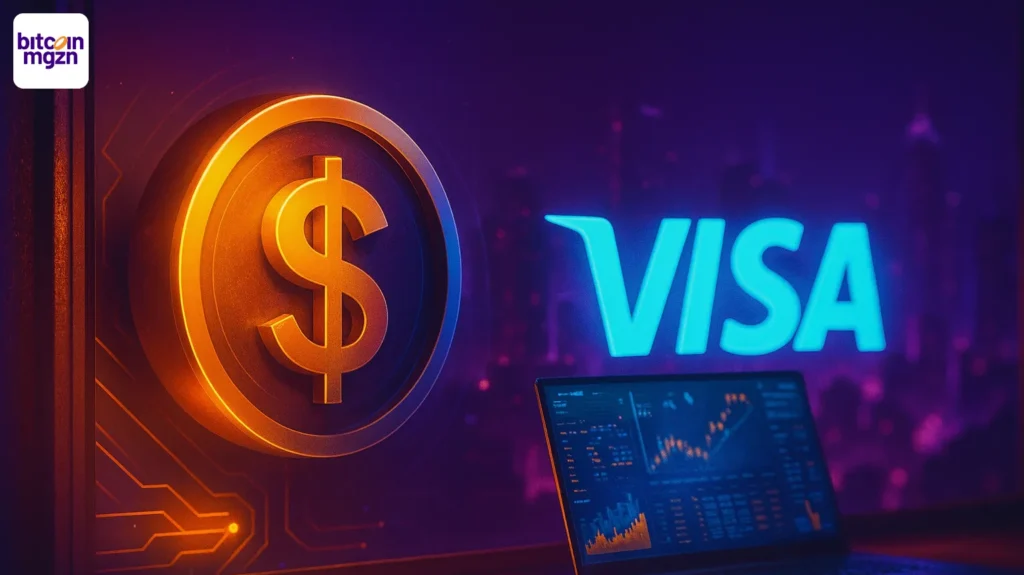Kremlin has cleared Citigroup to transfer its business to the Russian investment bank Renaissance Capital
The Kremlin has cleared Citigroup to transfer its business to the Russian investment bank Renaissance Capital, signaling a mass exit by Western banks. The order, just like several others before it, only permits Citigroup to sell its banking business inside the country.
Russian President Vladimir Putin has authorized Citigroup to divest its local banking business as the U.S. financial giant prepares to exit the Russian market. Citigroup has announced that it is winding down its business, beginning with its institutional banking presence in Russia.
However, the bank pointed out that it still has nearly $13.5 billion (~€12.56B) in exposure tied to the country, up from last year’s $9.1 billion (€8.46B). The increase in exposure was mainly due to corporate dividends received during Q3. The bank serves over one million private clients through more than 50 branches and over 450 ATMs in different Russian cities.
Citigroup joins Western financial institutions abandoning Russia
The sale approval could accelerate Citigroup’s departure from Moscow and reflects the Kremlin’s direct role in orchestrating Western exits amid heightened geopolitical tensions. Citigroup initially announced plans to sell its Russian consumer business in 2021 but opted to close shop entirely after Moscow invaded Ukraine.
Earlier, Putin signed decrees allowing Goldman Sachs’ Russian business to pass to Balchug Capital. In January, Dutch lender ING Groep NV agreed to sell its local business to Global Development JSC.
Austria’s Raiffeisen Bank International also stopped processing cross-border transfers last August. Italy’s UniCredit followed suit, stopping the acceptance of new corporate clients in Russia and raising account servicing fees tenfold. Natixis also offloaded its operations in Russia.
However, the Kremlin has blocked Raiffeisenbank’s attempts to sell its Russian subsidiary to maintain fiscal ties with Europe. Russia still receives several billion euros from Europe annually for its oil and gas exports.
Citigroup announced early last month that it would discontinue support for all deposit and savings accounts, effective November 1, and cease paying interest. It urged clients to transfer their balances to other banks as soon as possible.
The bank previously stopped debit card services, cash withdrawals at terminals, money transfers, and transactions through the Central Bank’s Faster Payments System. It closed its last retail branch in Russia, located near Moscow’s Paveletskaya metro station, in November 2024. BankTrack has been campaigning for the RBI to leave Russia since early 2022.
Raiffeisen fails to exit Russia again
Austria’s RBI (Raiffeisen Bank International) has reportedly failed several times to sell its Russian business and leave the country. The bank had previously found a local buyer, but Russian authorities thwarted the deal out of fear of Western sanctions against RBI, which is a crucial financial channel for Moscow.
RBI CEO Johann Strobl has also made several unsuccessful attempts to divest the business and has even visited Moscow in pursuit of a deal. However, a spokesperson for the RBI stated that the bank is still negotiating the sale of its Russian subsidiary, despite constant obstacles from Russian authorities.
Strobl recently stated that dismantling the bank’s business in Russia is something his team is working on, but he acknowledged that not everything is within his team’s control. He pointed out that there are simply too many decision-makers involved.
The bank states that it has been attempting to find a way to exit Russia for over three years. The main challenge, according to the bank, has been finding a buyer palatable to both President Putin and the West. The RBI has also been under pressure from the U.S. and the European Central Bank (ECB) to scale back its operations in Russia.
Meanwhile, the bank continues to facilitate some cross-border transfers for a limited number of Russian firms despite restrictions on transferring money abroad. It also processes payments for the TurkStream pipeline.
Sharpen your strategy with mentorship + daily ideas - 30 days free access to our trading program
You May Also Like

Crypto Executives Advocate for U.S. Strategic Bitcoin Reserve Legislation

Visa start pilot met USD stablecoin uitbetalingen voor content creators en freelancers
